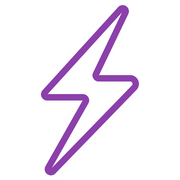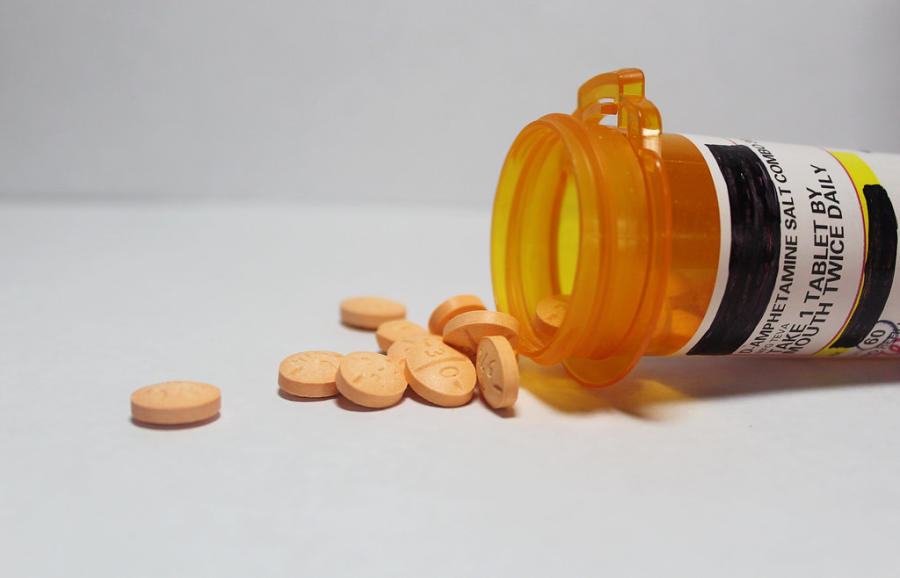Stimulant medication has been in shortage for months, with no sign of ending soon.
The Medication Shortage
Throughout the pandemic, the supply of many basic household items have been in question, but what happens when essentials are on the line?
March 10, 2023
On Oct. 12, 2022, the FDA announced that there was a shortage of Amphetamine mixed salt, which is commonly referred to as Adderall, medication known for treating symptoms of ADHD (Attention-Deficit/Hyperactivity Disorder). Soon enough, the shortage started to delay the manufacturing of alternative medications of Adderall. The American Society of Health-System Pharmacists reported that the shortage affected the production of generic Concerta, the drug in Ritalin.
Supply chain shortages are nothing new. Basic things like baby formula and eggs have been missing from the shelves for multiple reasons. However, these shortages affecting ADHD medication comes down to one thing, demand.
Over the years of the pandemic, Adderall prescriptions increased by more than 10%. This could be credited to the fact that ‘‘looser pandemic-era rules that do not require in-person visits for prescribing certain substances, allowing health startups to prescribe Adderall over the phone,’’ according to Forbes.
Many high school students across the country are feeling the effects of the shortage. According to the CDC, 13% of people ages 12-17 have ADHD, which is the adolescent age group with the highest percentage of people diagnosed with ADHD.
Carlee Wilkins, 11, was diagnosed with ADHD during her sophomore year and started medication shortly after.
“Since I was on the right medication, I had a 4.0 or higher GPA in each trimester… [which] made my mental health better,” said Wilkins.
However, like many people who are recently diagnosed, it took Wilkins a while to get on the right medication. When she found the right medication, due to the shortage, it was a struggle to even get it in.
“Usually [the pharmacy] can get, like, birth control in 24 hours of calling, but now with the shortage, it takes me about two weeks to get my medication,” said Wilkins.
The struggle still continues for Wilkins and others. Furthermore, many people have to come up with ways to spare their medication.
“It’s hard to restock; so you really have to keep track of how many pills you have so you don’t run out,” Wilkins explains.
Ellie Martinez, 11, was diagnosed with ADHD in the second grade.
“It has helped me stay focused right when I take it, I can notice [the effect of the medication] more in my morning classes,” said Martinez.
As Martinez has been on medication for nine years, she knows the consequences of not having it accessible.
“If anyone has ever been on a stimulant medication before, they know that if you don’t take it for even one day you can already start feeling symptoms of withdrawal,” said Martinez.
Symptoms of withdrawal can include depression, nausea, and fatigue.
While the shortage shows no signs of ending soon, many people with ADHD use other methods to help with symptoms.
“Over the years, I learned techniques to ensure that I stay focused. Knowing and acknowledging that medication is just a tool and [is] not going to be the only thing fixing [symptoms helps]; you have to change your mindset,” said Martinez.

